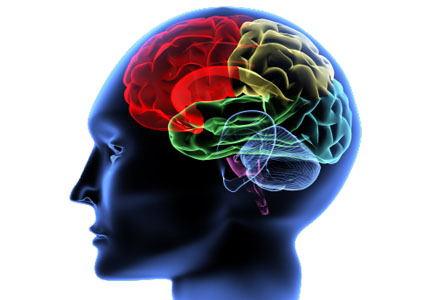
Neurological Conditions – Causes and Treatments
The brain is made out of hundreds of billions of neurons, which get their support from around a trillion supporting cells known as glial cells. This same brain is made out of 2% of a human’s total body weight, burning around 20-30% of every calorie that the body uses.
Within the core of all neurological conditions and damages lie mitochondrial failures of energy that were caused by damage of free radicals. This singular root cause can lead to many various manifestations of neurological conditions.
Here are various causes of neurological conditions:
- Alcohol
- Chronic and unrelenting stress that might be physical, emotional, or infectious.
- Drugs
- Emotional trauma from abuse.
- Environmental toxins, such as insecticides, organochlorines, solvents, or organophosphates.
- Genetic predisposition linked with various environmental causes.
- Nutrient deficiencies
- Oxygen deprivation from stroke.
- Physical trauma from falling, car accidents, sports injuries, or assault.
- Toxic metals, most of all aluminium, mercury, and lead.
Several basic treatments exist that can be applied to all neurological conditions. The human body requires simple nutrients through real supplements, filtered water, and food; therefore, if you want your body to repair itself, you need to get rid of any foods that are nutrient deficient or processed. You also need to stay away from toxins, such as caffeine and nicotine, which both decrease the brain’s blood flow. Supplements that support brain and nerve tissue come in the form of B vitamins, particularly B1, B6, B12, and folic acid. Vital fatty acids, like omega 3 and 6, are factors of the nerve’s cell membranes and myelin sheaths. Phospholipids are also essential cell membrane and myelin sheath parts.
Other nutrients, which are highly essential to reverse ongoing brain damage, include a lot of antioxidants, especially glutathione, melatonin, alpha-lipoic acid, and selenium. Glutathione is the most vital brain antioxidant; unfortunately, it cannot be absorbed orally and has to be done transdermally or intravenously or transdermally.
A lot of nutrients also exist that can supposedly improve one’s memory, such as DHA, phosphatidylserine, huperzine, gingko biloba, vinpocetine, vitamin C, vitamin E, alpha-lipoic acid, and pregnenolone.
Aside from these nutrients, substances exist, which support the brain’s neurotransmitters. 5HTP and tryptophan, for instance, are serotonin precursors; L-Dopa can be found within several herbs; and tyrosine is a dopamine precursor. Such neurotransmitters are concerned with causing attention difficulties, anxiety, and depression. If your brain gets too excited because of these excitatory neurotransmitters, lactium, theanine, and taurine, can suppress the anxiety, nervousness, or irritability.
Low doses of dilantin can modulate the nerves’ and brain’s biochemical activities. At these low doses, it can also stabilize nerve membranes to lower states of hyper excitability. Plus, it is very safe.
Decreasing stress would be of the utmost essence for brain repair and could include making some changes in your lifestyle, meditating, and listening to relaxing music. You may also come to find that being grateful for the earth’s beauty and your life’s blessings could play a significant part in brain repair. Proper sleep, exercise and humour are all also very useful.
